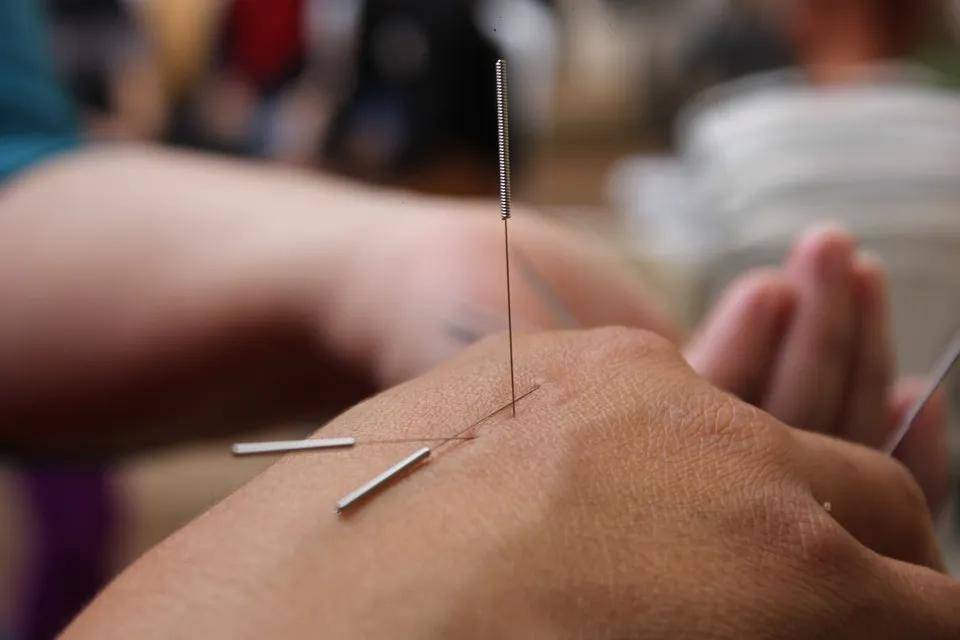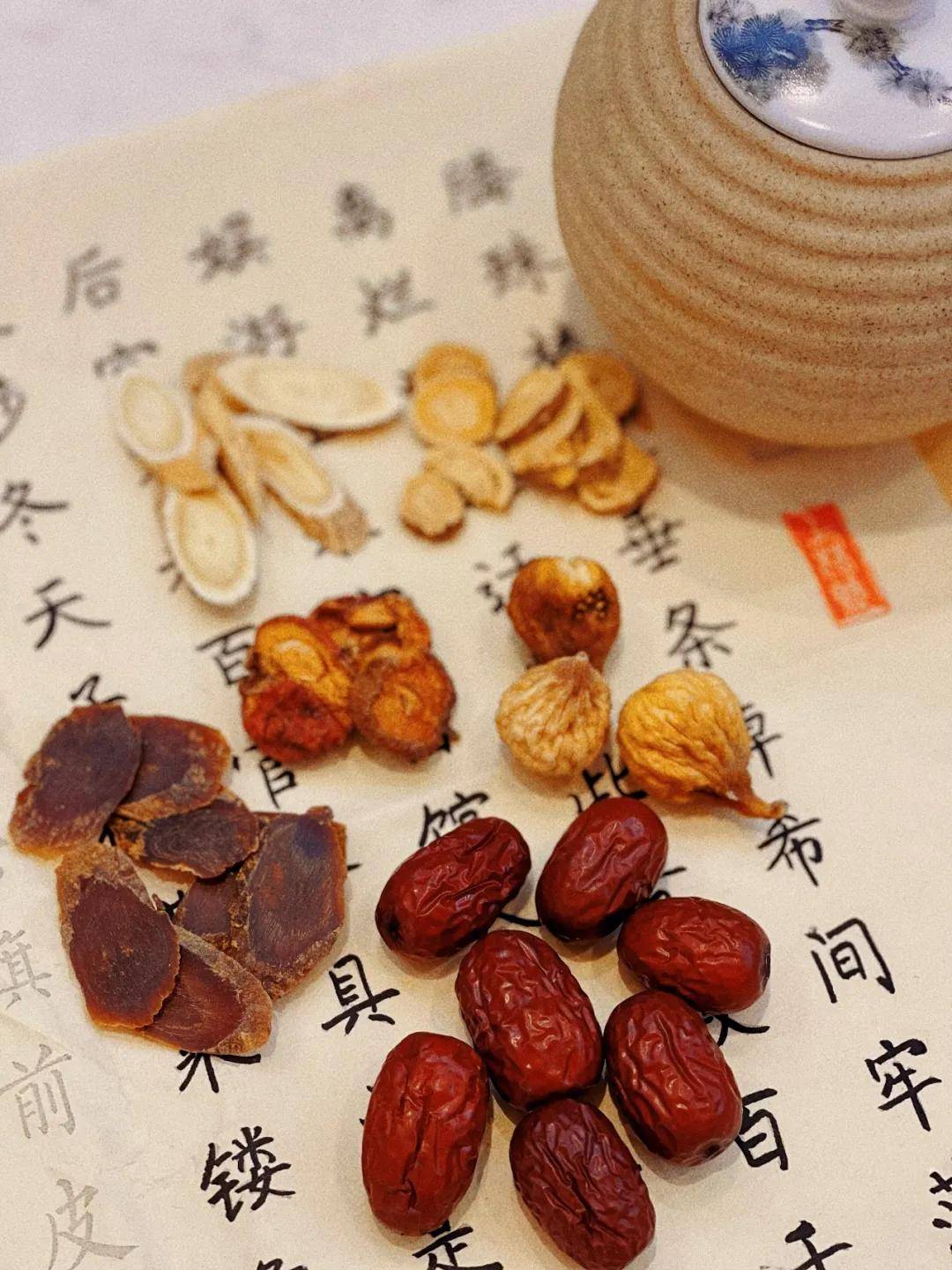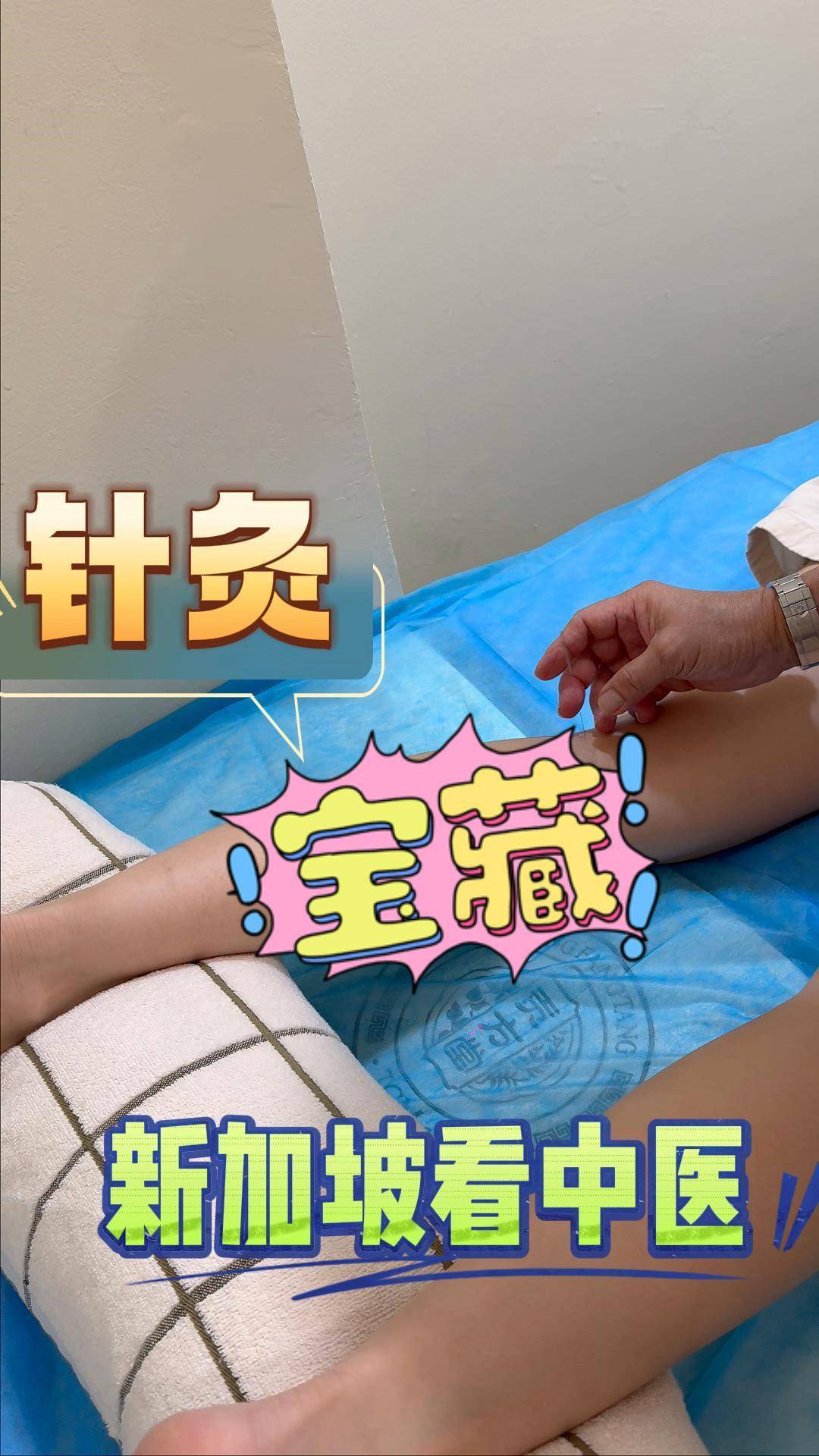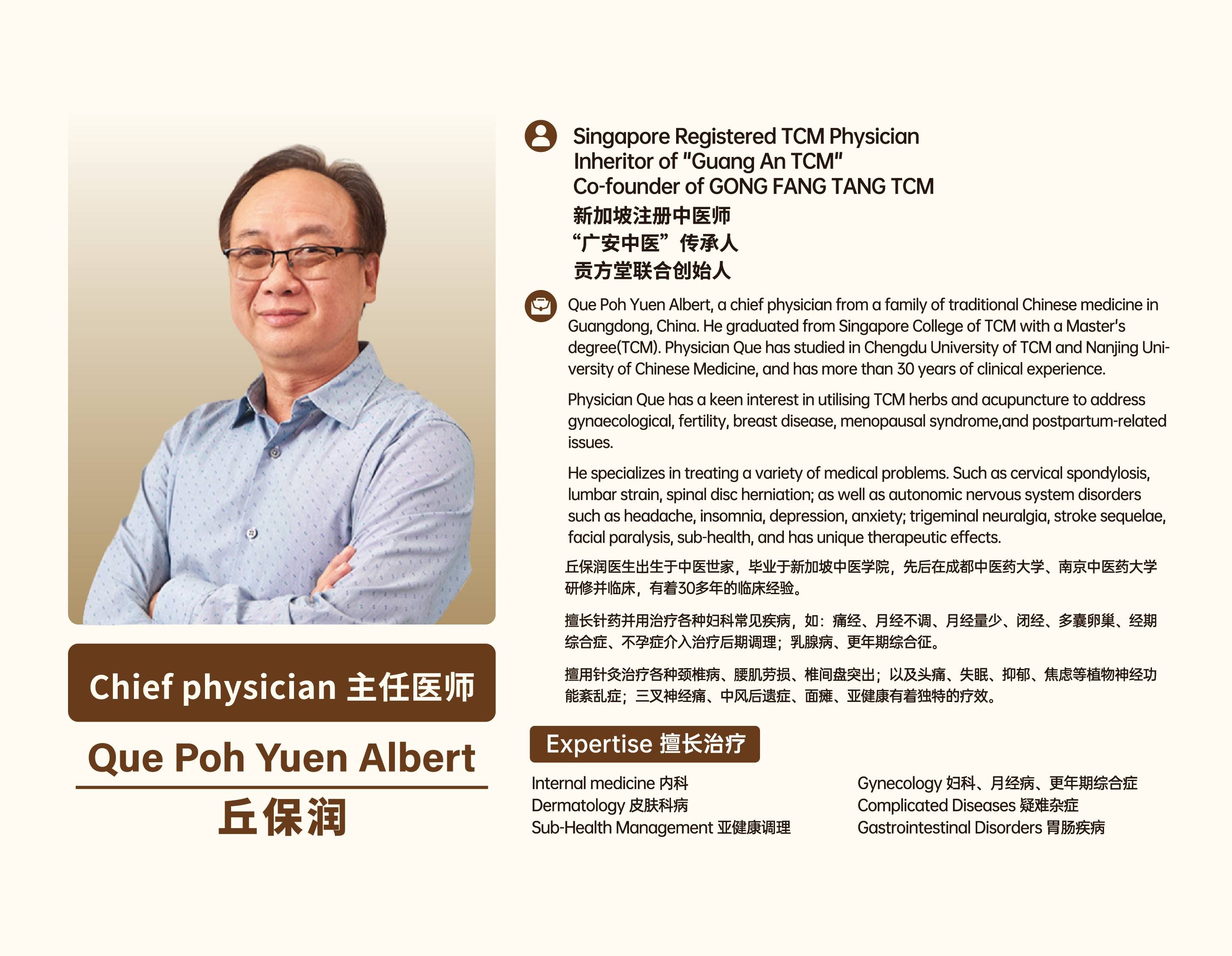- Physicians
- Clinics
- TCM
- Western GP
-
Fees
-
Deals & Privileges
- About & Resources
- Contact Us
The knee is a joint that, with age, receives less qi and blood nourishment due to declining overall vitality. Over time, the knee undergoes wear and tear.
When the weather turns cold or damp, the waist and leg joints act like "alarms," with soreness, swelling, and pain intensifying. Many people seek TCM treatment for this and are diagnosed with "Bi syndrome" (obstruction disorder).
Joint mobility becomes restricted—the knee feels stiff and unresponsive, making bending, straightening, or squatting difficult. Climbing stairs becomes strenuous, let alone hiking or jumping. The knee often aches dully, sometimes even feeling numb, as if it has lost its elasticity and vitality, becoming rigid.

In such cases, we need to expel wind and cold, unblock meridians, strengthen bones, and nourish tendons.
In Traditional Chinese Medicine (TCM), the knee is considered the "house of tendons"—where ligaments and fascia are most intricate and abundant. Therefore, knee problems often stem from tendon dysfunction rather than bone issues.
TCM theory states that "the liver governs the tendons." All fascia and ligaments throughout the body are under the liver's regulation. In other words, to nourish the tendons, we must first nourish the liver.
Dr. Que Poh Yuen Albert, a TCM expert at Singapore’s Gong Fang Tang, explains: "Many people assume joint pain is caused by bone problems, but in reality, it often manifests in the bones while the root issue lies in the tendons."
For treating joint disorders, there is a classic formula called "Yangjin Tang" (Nourish the Tendons Decoction). However, some patients find decoctions inconvenient and ask if there’s a ready-made alternative. The answer is yes—"Yangxue Rongjin Wan" (Nourish Blood and Strengthen Tendons Pill).
This formula originates from the Ming Dynasty medical text Xing Yuan Sheng Chun and was later developed into a patent medicine.
A well-known saying in TCM traumatology goes:
"Tendons out of groove, bones misaligned."
Tendons lead, bones follow—meaning tendons play the dominant role in joint stability. Many elderly individuals suffer from degenerative joint conditions precisely because of tendon weakness.
Imagine a rubber band securing an object:
Too loose → the object falls
Too tight → the object deforms
Similarly, in the human body:
Weak tendons → joint instability → bone spurs
Chronic strain → tense fascia → spasms, ischemia → pain
Yangxue Rongjin Wan aims to nourish blood, ensuring tendons maintain optimal tension, lubricate joints, and support organ function.
Ingredients of Yangxue Rongjin Wan:
Dang Gui (Angelica sinensis)
Chi Shao (Paeonia rubra)
Wei Ling Xian (Clematis chinensis)
You Song Jie (Pine node)
Chi Xiao Dou (Phaseolus calcaratus)
Ji Xue Teng (Spatholobus suberectus)
Bai Zhu (Atractylodes macrocephala)
Xu Duan (Dipsacus asper)
Shen Jin Cao (Lycopodiastrum casuarinoides)
Tou Gu Cao (Speranskia tuberculata)
Dang Shen (Codonopsis pilosula)
He Shou Wu (Polygonum multiflorum)
Mu Xiang (Aucklandia lappa)
As stated in Huangdi Neijing (The Yellow Emperor’s Classic of Medicine):
"The liver receives blood to enable sight; the feet receive blood to enable walking; the hands receive blood to enable grasping; the fingers receive blood to enable holding."
Adequate blood supply is the material foundation for physiological functions.

We often say that chronic illness leads to deficiency. Yangxue Rongjin Wan (Nourish Blood and Strengthen Tendons Pill) is particularly effective for long-standing injuries that cause bone and tendon pain, limb numbness, muscle atrophy, stiff joints, and swelling—including age-related degenerative joint changes.
Another question: How should Yangjin Tang (Nourish the Tendons Decoction) be taken?
Decoct it in water! One dose is for one day. (Seven herbs, decocted twice—morning and evening. Each time, take it with 3 grams of San Qi (Panax notoginseng) powder.)
Yangjin Tang is not only for knee joints but can also be modified to treat:
Lumbar disc herniation
Chronic strain
Frozen shoulder (periarthritis)
...and other joint-related conditions as a foundational formula.
Finally, three important reminders:
Avoid staying up late—it damages the liver and depletes liver blood.
Reduce screen time (phones, TV)—the liver opens into the eyes, and excessive eye use drains liver blood.
Control anger—rage further harms the liver.

If you wish to relieve joint pain, learn more about joint-related issues, or consult whether this formula is suitable for you, please schedule a one-on-one consultation.